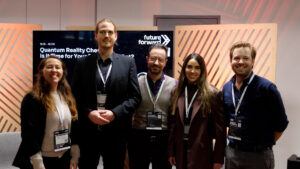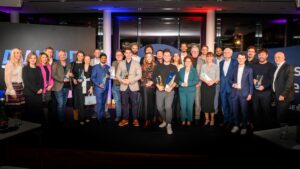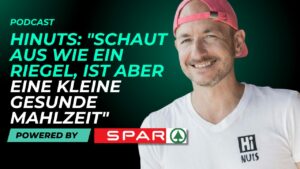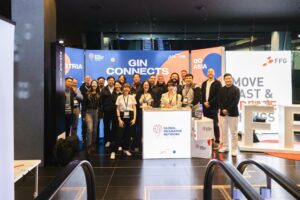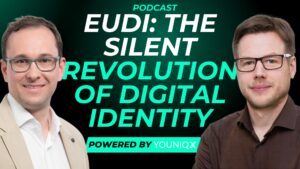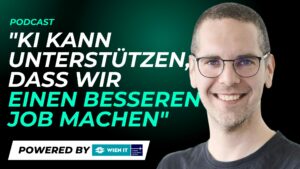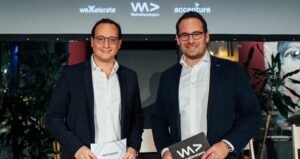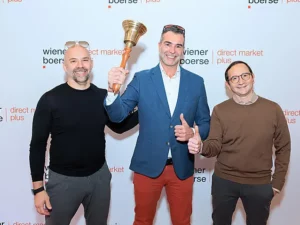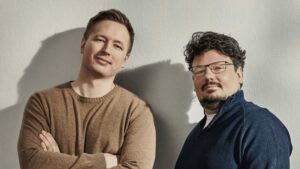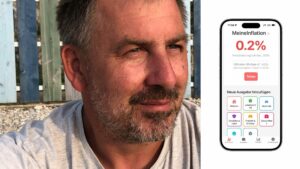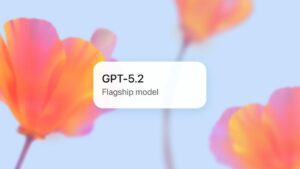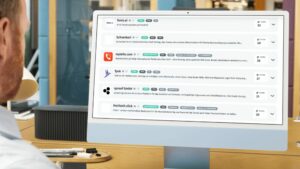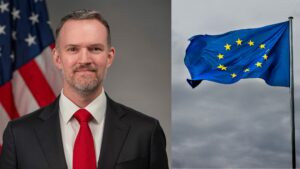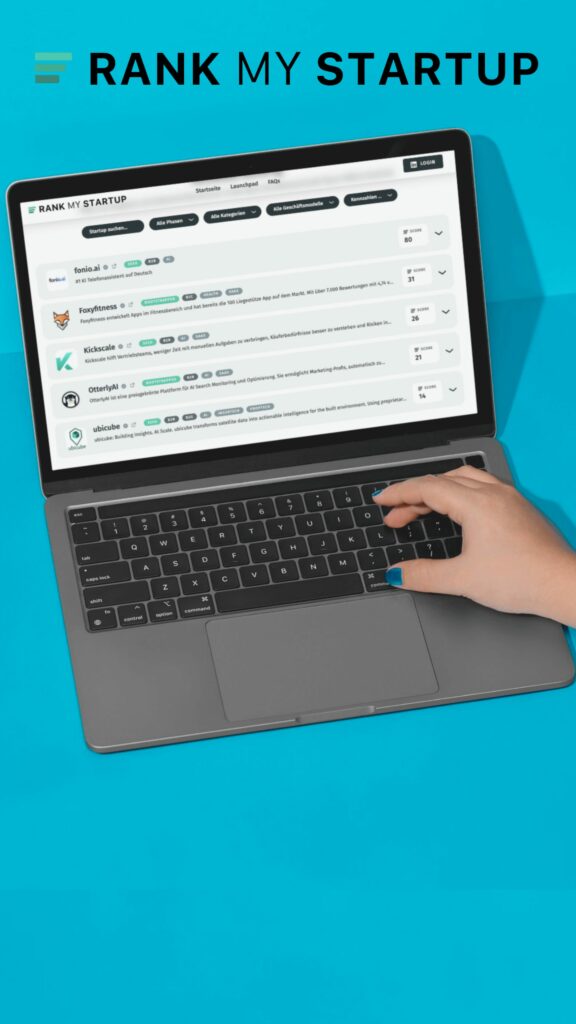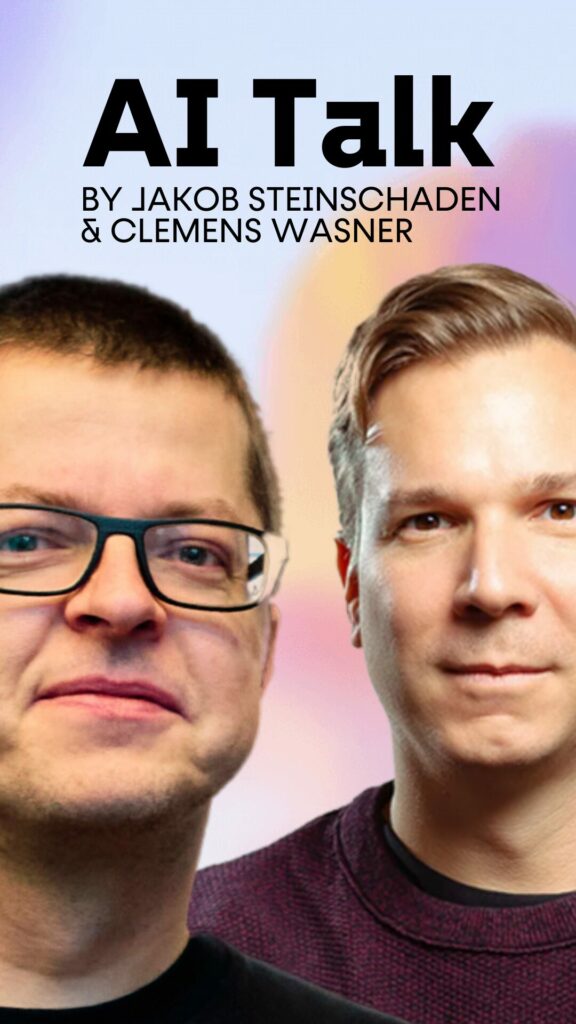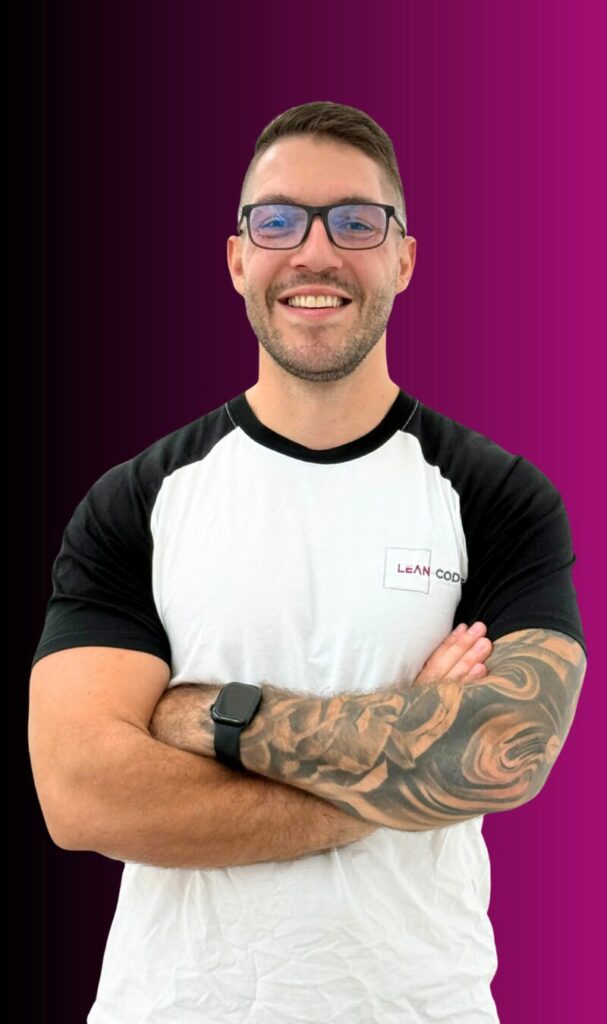Everledger-CEO: „We are moving from the World Wide Web to the World Wide Ledger“
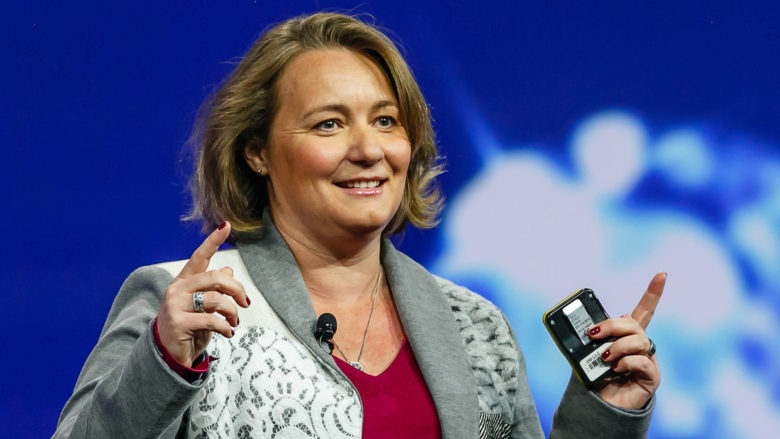
She has promised her family that it is her last startup: Leanne Kemp is an Australian serial entrepreneur and today works as the CEO of Everledger between the financial hub London, Singapore, India, New York and Brisbane. Before starting Everledger, she has worked in tech more than 20 years, she achieved multiple exits to both international and public listed companies. Then, around 2010, she discovered Bitcoin and the blockchain technology.
With Everledger headquartered in London, Kemp wants to track the provenance of diamonds and other valuable products like fine art, gold and high-end watches, helping to tackle fraud and deter theft. It basically is a verification system to bring transparency along the entire supply chain process. This year, Kemp was named the „Innovator of the Year 2018“ at the Women in IT Awards in London, she is an appointed member of the World Economic Forum’s Blockchain Council and she is also on the IBM Blockchain Platform Board of Advisors.
At the Darwin’s Circle conference in Vienna, Kemp sat down with Trending Topics to talk about her vision of the company, the battle between the blockchain platforms and how Apple, Google, Facebook and Amazon could be replaced by distributed versions.
Trending Topics: Let´s start with Everledger. What is it?
Leanne Kemp: We started in April 2015 to build a platform of provenance. it means the ability to know where something comes from, where is it now and who owns it, and where we should dispose of it in terms of circular economy. Things like batteries are important to know where we are getting rid of it. Platform provenance does not exist, there’s no such thing in the world. So we connected blockchain, smart contratcs, machine vision and AI, took the identity of a diamond and tracked it across its supply chain – from Angola to Dubai to India to the UK and then to the US. Then we made that information available not only to the industry, but also to retailers and consumers.
What is the advantage of this system?
There are a number of important stakeholders that took advantage of this. One of the challenges in the industry is a $5 billion shortfall in supply chain finance. Banks have pulled out of the industry and so therefore the are not able to lend money, and therefore are asking the industry for more transparency. That’s one advantage. The second is for consumers. They want to know where a diamond comes from, taht it’s not from a blood diamond source or from a conflict zone. They want to know if there’s child labour involved in the making of a ring or the mining of the gemstone. And: There are 17 goals of the United Nations towards a liveable planet. And the work we do provides the data for that goals.
Everledger is tracking value on the blockchain. Why did you decide against your own token or coin and an ICO?
We are on a public-private ledger and we certainly didn’t do an ICO. We didn’t need to because we were generating revenue very early. We are a trust mechanism for the industry, and I would not believe that the industry trust ICOs. There just too many early stage scams, too many problems, and we take our reputation very seriously. We are VC-funded, we raised $10.5 million this year, Fidelity, Bloomberg and Rakuten are all involved in the round. Everledger provides a platform of digital identity for diamonds and digital transactions of ownership. We are not a crypto company nor in the space of tokenisation.
Which protocol do you use?
We run on Hyperledger and we also bridge across into the ERC-20 tokens, so we can run smart contracts across that too.
There is a race going on between Ethereum and EOS, Cardano, Tron or NEM for the next big blockchain platform. Will Ethereum stay as important as it is today?
I think it will be similiar to what happened in database technology. MySQL vs PostgreSQL vs Oracle, they are all very different databases. The same thing will happen in this technology.
And your bet is on Hyperledger and Ethereum?
No, my bet is on Everledger. We know that we are very attuned to the underlying protocols and the changes that are coming through like the Lightning Network. But where Everledger really shines is our interaction with our users and the industry.
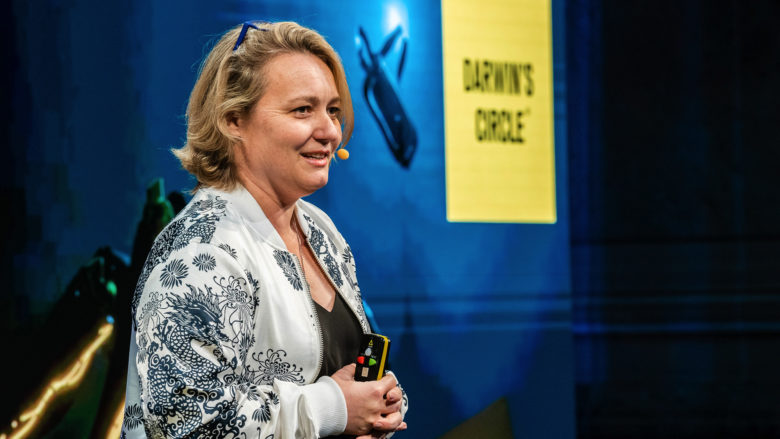
You are in the blockchain business since more than three years. What do you think about all these new companies with their new tokens and ICOs?
Innovation in the world is important, so a lot of people should be exploring the use of the technology across all spectrums. I am not adversed to it, I just know that it is not a fit for purpose in our industry and not fit for Everledger.
Some say that the dezentralized blockchain technology is a chance for European companies to break the market power of the big FANGs (Facebook, Amazon, Netflix, Google) who are all very centralized. Is that a real future scenario?
Users have gone from accepting centralization to decentralization, and now they are really thriving for distributed systems. To build an entire new internet is a needed proposition, but a very difficult one to do quickly. I think that distributed control is cricital now to ensure provecy and control machanisms. I do think that there could potentially be a whole new version of GAFA (Google, Apple, Facebook, Amazon) that could come out. Instead of GAFA there could be a decentralised or distributed rising of new unicorns, no doubt. 2020 is probably too quick, but 2030.
Or it is the other way round and GAFA will jump on the blockchain train to dominate the space.
Of course. And they are doing it right know.
Where is the best hub in Europe for blockchain technology?
We see a lot in Zug in Switherland going on because it is regulatory friendly. We certainly see that Berlin has an incredible amount of technical and engineering talent. Paris is interesting, they are very good at user experience and design, and London of course has a lot of financial services. Estonia and Malta also are establishing regulatory friendly frameworks. You will see a lot of startups flocking into these areas.
How do you explain blockchain to your non-techie friends back home?
I explain it as the next generation of the internet. Instead of being able to share information just centralized, we can share between peers, and we can create business networks to be able to transfer value. You can transfer the ownership of a diamond, you can send money to someone. We are moving from the World Wide Web to the World Wide Ledger. WWW will become WWL.
We have seen the big crypto hype in late 2017, early 2018. Will we see another spike?
It is not a one time thing. As it starts to become recognized as another formation of capital and funds flow and a way of storing and transactiong value then we will just continue to see it rise. In volatility, extreme wealth and extreme loss is created. Crypto currencies are here to stay, distributed data is important. On a protocol level, we start to see what we could have done different 10, 15 years ago, and this is really at the center of discussions of thought leaders in this space. But blockchain is not going to replace the internet, it is a new layer, a way of transacting value in a digital sense.




